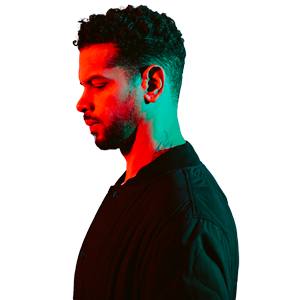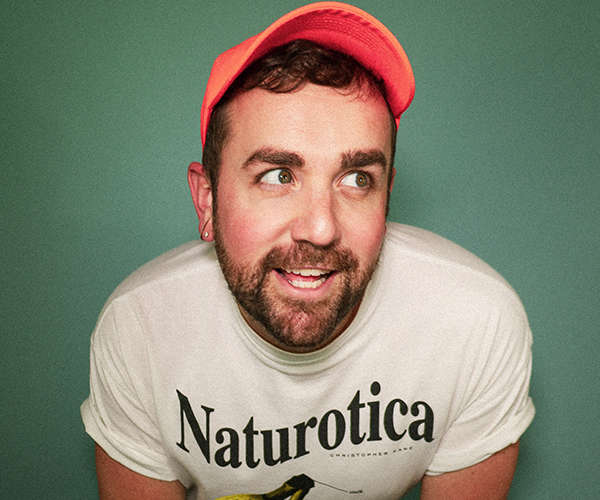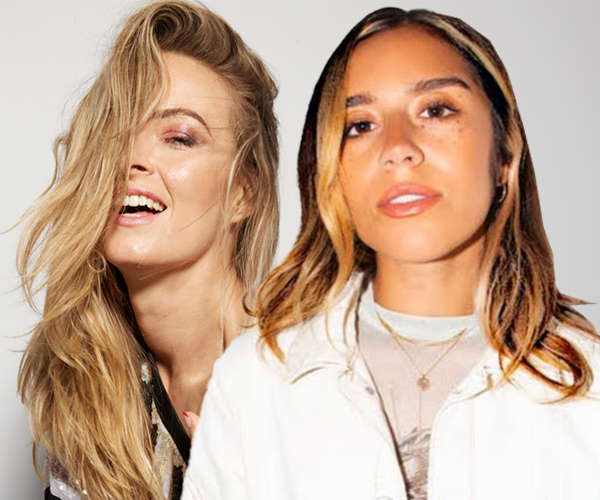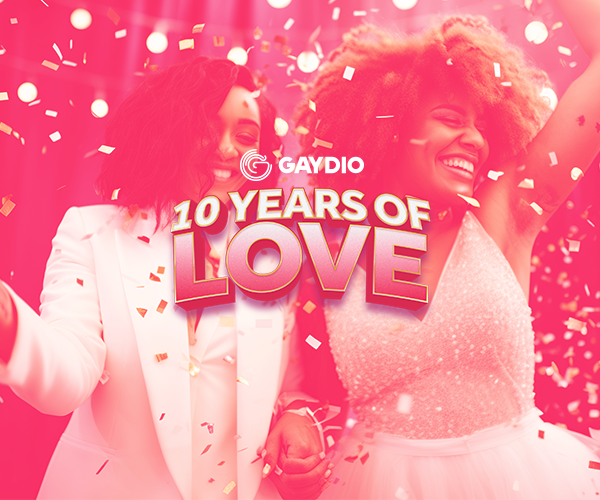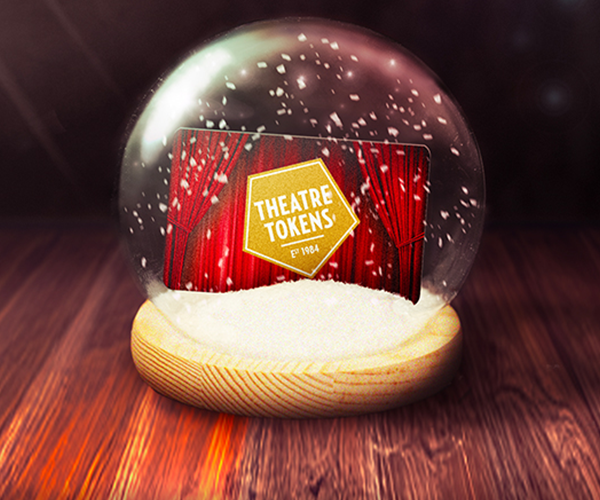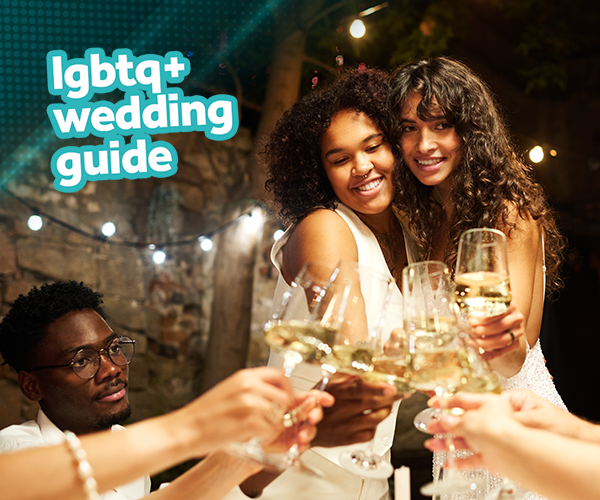Sexuality Is a Spectrum
Written by Marco Ribolla from LGBT+ @Sky.
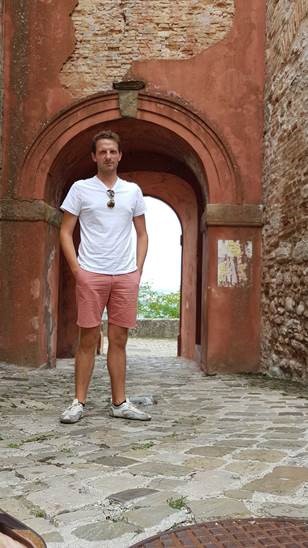 Imagine you are a teenage kid growing up in the noughties in the Northern Italian countryside. Life there is simple: everyone knows you and you know pretty much everyone in town. You are a good student and quite an extrovert. After you stopped being an altar boy, you kept a very active profile in your local church and went on to be part of a choir and volunteered in a Catholic association looking after children. Ask any old lady in town and they would all say, "He is such a good and religious guy" or any mother and you would hear, "What a good match he would be for any girl".
Imagine you are a teenage kid growing up in the noughties in the Northern Italian countryside. Life there is simple: everyone knows you and you know pretty much everyone in town. You are a good student and quite an extrovert. After you stopped being an altar boy, you kept a very active profile in your local church and went on to be part of a choir and volunteered in a Catholic association looking after children. Ask any old lady in town and they would all say, "He is such a good and religious guy" or any mother and you would hear, "What a good match he would be for any girl".
Yet, there's a problem. There is a massive part of you that you have been struggling with and have tried to hide for a while now. Each time you have let your guard down and people caught a glimpse of it, they started calling you names; they would tell you, "That's such a gay thing to say", "That's such a homo thing to do", "Don't be a woman". You've lost count of the times you've heard that. It has even become a recurring joke with some friends: "You like shoes, gay!", "You like music and art, super-gay".
To be honest, at that point, it's not like you haven't asked yourself the dreaded question: "Am I gay?". There it is: the only question that you really dare to ask yourself… just three words… so simple, yet, so hard to even contemplate… and it comes back to bite you again and again. Each time it pops up in your mind, you reply to yourself with a definite "Surely not"… and then you start going through your usual mental checklist.
First of all, you know that being gay is not right. You are a Catholic and Catholics do not support "sodomy". You wouldn't want to go to hell for this sexual deviation. It's just unnatural and wrong. Everyone knows it. Plus, all the froci [/fro-chee/, an Italian derogatory term for gay men] in town are extremely camp and you are not. True, you are not really a "lad" type of guy, but you are definitely not like them. Most importantly, it's not like you don't like girls. You most certainly do and have enjoyed the few experiences you've had with them so far. That settles it: I mean, it's not like you could like both men and women, right?!
Fast forward to 8 years in the future and you find me living in the UK, eventually over my "I am not gay" checklist. 600 miles away from my hometown, I finally felt free enough to explore my sexuality and accept the unvarnished truth: bisexuals exist and I am one of them.
There is a lot to unravel there.
"Bisexuals exist". They certainly didn't in my hometown - or at least, not as publicly as I see it now. In a place where public morality is based on traditional heteronormative values, you come out as queer only if you have to. If you do, you go on to assume the role of comic relief and play along to the jokes being made at you, in order to survive. If instead you are unlucky enough to be anywhere else on the spectrum (yes, I do believe that sexuality sits on a spectrum… but more on this in a minute), you just keep it to yourself or you act discreetly, in the shadows. If you look at it, most kids just want to grow up feeling "normal", they want to feel like they belong. But how can you feel any sense of belonging to a group whose existence is unknown to you? If you are not one of the lads, yet you are not one of the "gays", who are you?
"I am bisexual". When I first came out to a few friends, it went something like: "I was on a date the other night… yeah...well... it wasn't with a girl". Unsurprisingly, I didn't receive stern reactions of disbelief or witness jaws dropping to the floor at the news. Everyone easily accepted the idea that I could like men. Yet, once I clarified I wasn't sure I was 100% gay and that I was just scratching the surface of my sexuality, still trying to fully come to terms with it, the responses got more mixed. These ranged from "Bi? You greedy man!" to "It's just a phase you go through when you come out; you are definitely just gay", to "Bisexuals do not exist; you either like men or women", each answer urging me to pick a side, to choose my tribe. "Bisexual" became a swear word, a taboo not to be pronounced for another couple of years.
Now, the question might be: how do you come out to your parents as bisexual, without actually saying the word? How do you approach the topic in a diplomatic way? Fresh from a break up, on a weekend visit to my family, I decided it was time to spill the beans. After dinner, I simply came up and said, "You know how you guys often ask me if I am seeing anyone. Well, yeah… I have dated some people in London... just, they were not all women. You see, I like men as well". Clearly, I am not the best at making tactful announcements. With questions that ranged from "Is this a new sort of fashion or trend you picked up in London?" to "What do you want me to tell you? It's against nature", it was a fun night with memorable lines provided by both sides. Since then, most of the tension is gone and my parents are slowly starting to accept the reality of having a queer son. It's still very much a work in progress. Just recently, my father asked me if I had finally made up my mind between men and women, part of him still holding on to the hope that I would once and for all decide for the latter. I had to make it painstakingly clear to him that I am not sure I will ever make any such choice and that actually it's more likely my future relationships will be with men.
Wait! What!? Men!? Haven't I just gone on and on about the fact that I am bisexual? Have I just been lying to you? Not really. Remember when I mentioned that "I believe sexuality sits on a spectrum"? When you say you are bi, people think you must be equally attracted to men and women. Well, I am sorry to disappoint but I find that, often, this is not the case for me. In particular, I happen to be more attracted to men. Yet, it doesn't mean I don't like girls or don't want to be in a relationship with one ever again. It's like saying you can either like tea or coffee, but if you like them both, you must like them equally. In reality, I will always have a certain preference for one over the other. The world is much more than black, white and a single shade of grey.
Acceptance for bisexuality as something more than simple indecisiveness, lust or rejection of your true orientation still has a long way to go. As of 2019, regardless of my preference, I know that if I want to enter into an honest relationship, I will have better chances with men. It's just more likely for a gay man to accept that I like girls, than for a straight woman to feel okay with me being into guys.
In a society that looks at hetero and homosexuality as the only two possible variables, it's important for us to stand up and proudly say, "I am bisexual". If not for yourself, at least do it for that one person that feels like they don't belong; that might not know that there is a choice beyond gay vs non-gay; that might just need to know that there is no point in wasting years of their life on "I am not gay" lists; that their sexuality does not define their identity but that accepting their sexuality helps them accept their identity; that it's just cool to be who they are; that it's just fine to love who they wish to love, regardless of their gender Identity.
Got a story you want to share with us? Tell us here

FEATURED
Gaydio Replay
-
 Luis Wyatt (26th November)
Luis Wyatt (26th November)powering through your evening
-
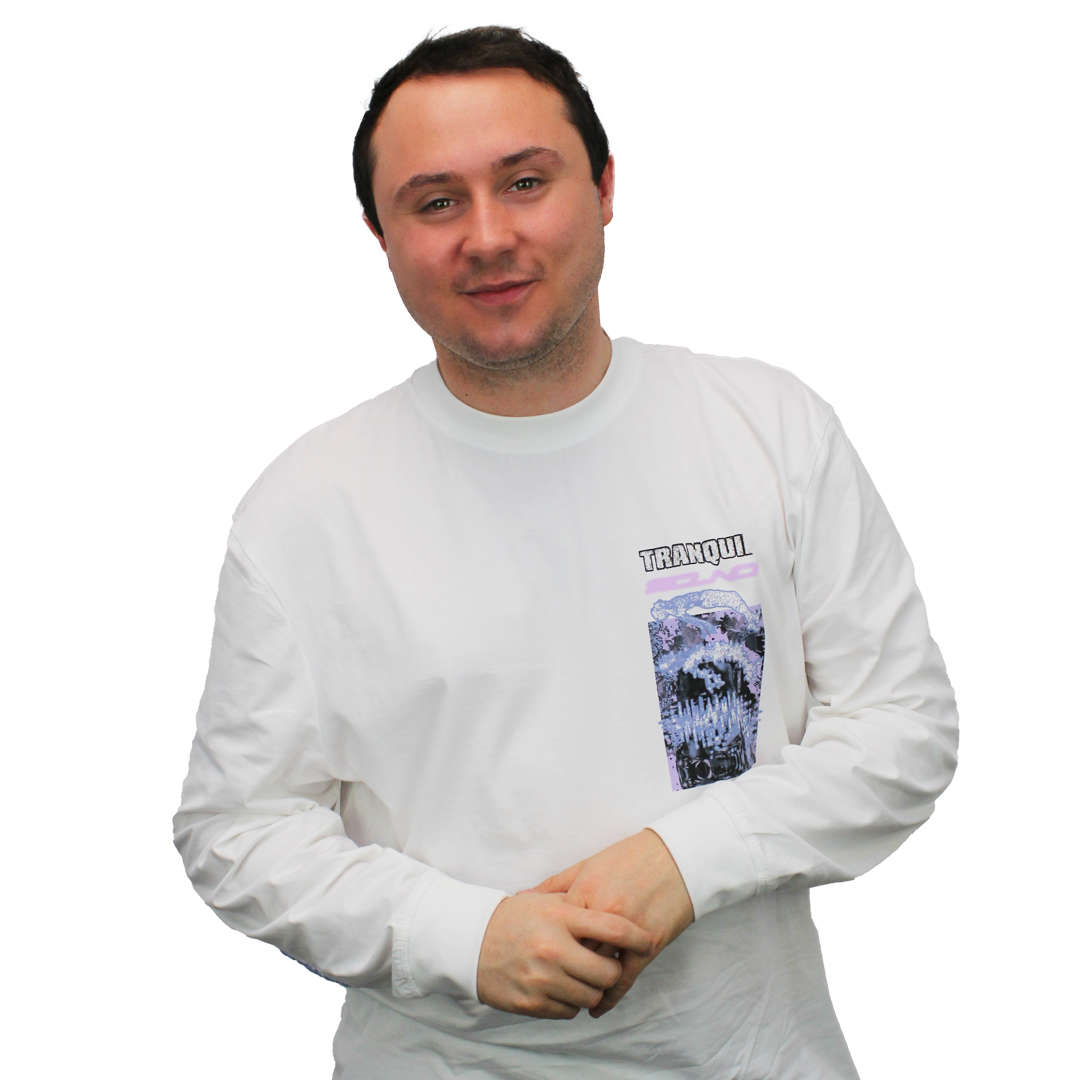 Brett Harris (26th November)
Brett Harris (26th November)chaos for the commute
-
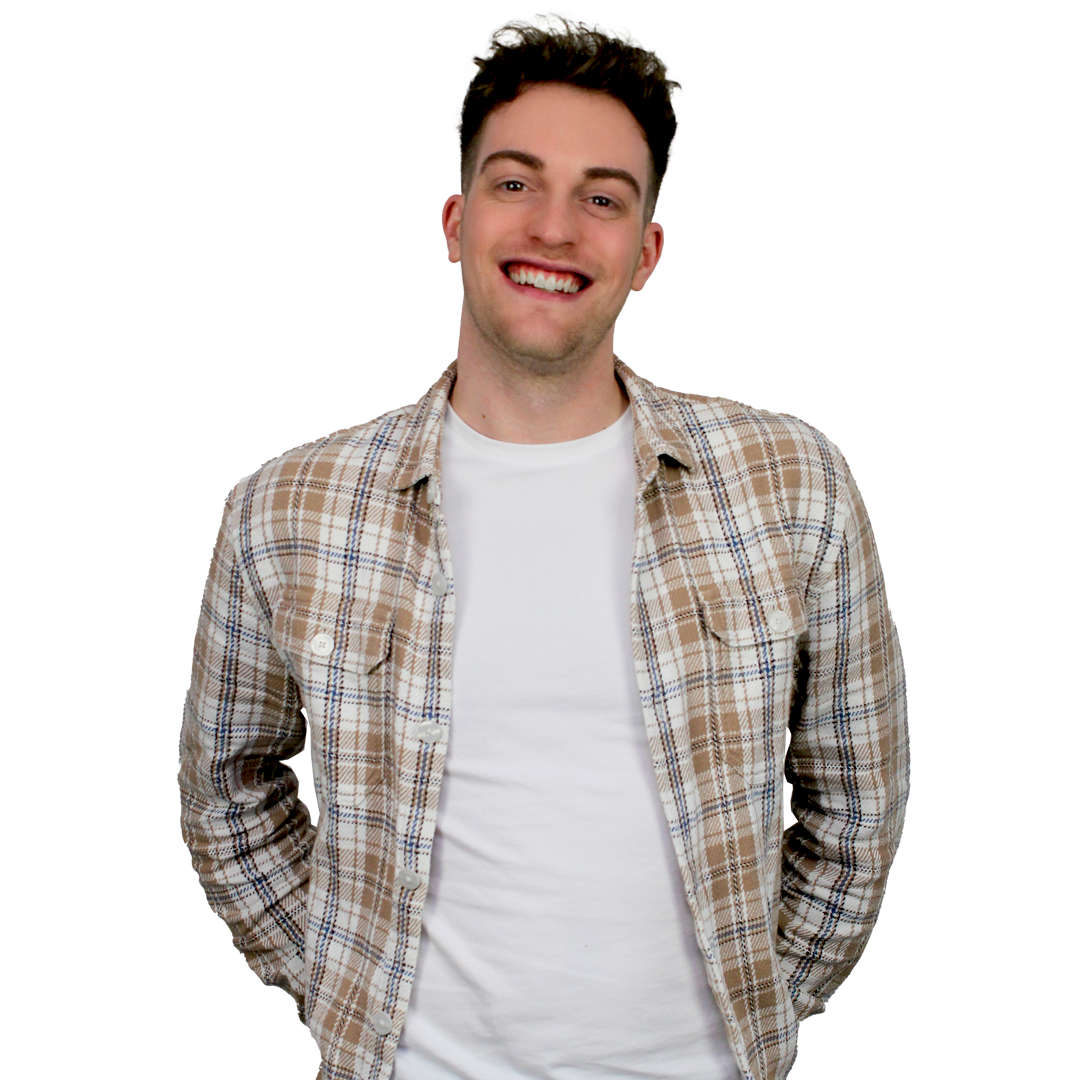 Chris Blackmore (26th November)
Chris Blackmore (26th November)getting you through the day
